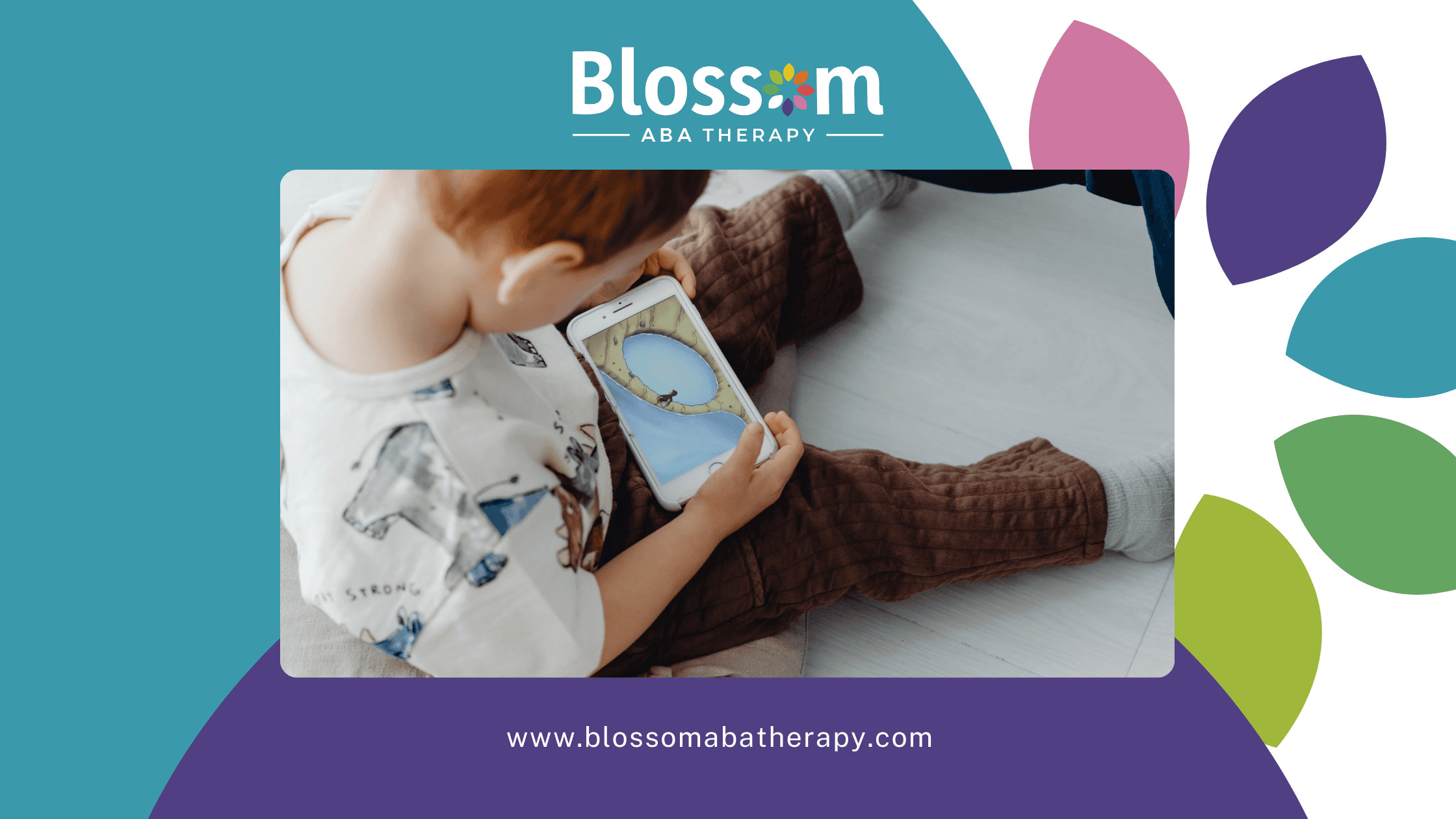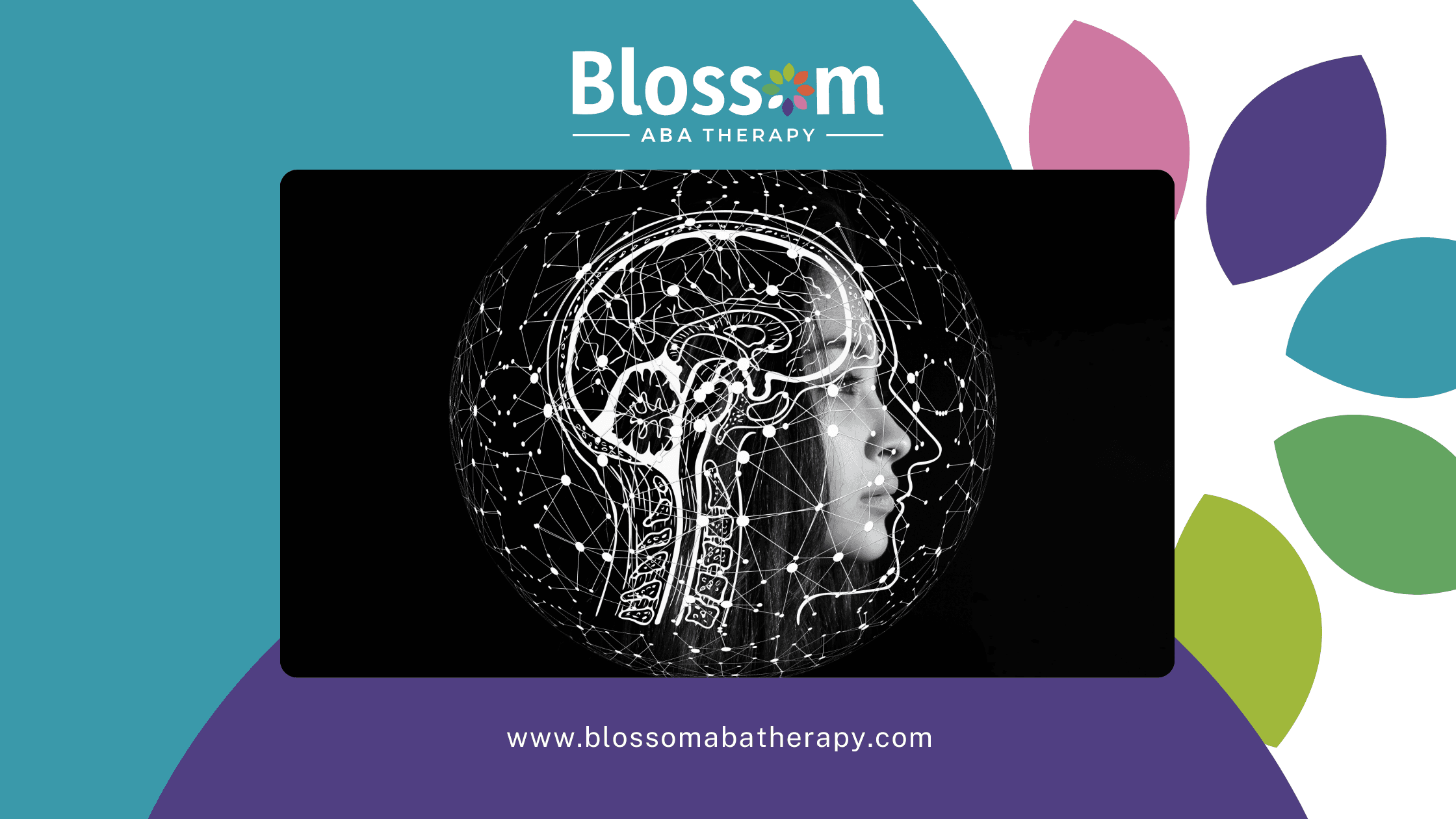Our New Clinic in Peachtree Corners is Now Open! Serving families in Norcross, Dunwoody, Sandy Springs, Duluth, Johns Creek, Alpharetta, Roswell, Suwanee, Brookhaven & nearby areas.

Can a Child with Autism Attend a Regular School?
Jun 15, 2025

Can a Child with Autism Attend a Regular School?
Jun 15, 2025

Can a Child with Autism Attend a Regular School?
Jun 15, 2025

Can a Child with Autism Attend a Regular School?
Jun 15, 2025
Can a child with autism go to a regular school? With the right support, yes. Learn how IDEA, IEPs, and ABA therapy services support real learning success.
Yes, many children with autism can attend regular schools—and thrive. With the right support, inclusion in a mainstream classroom can offer academic, social, and emotional benefits. Every child is unique, and decisions should be based on individual needs, strengths, and challenges.
Federal laws like the Individuals with Disabilities Education Act (IDEA) require public schools to provide free and appropriate education to all children, including those with autism. This means schools must make reasonable accommodations, such as special education services, individualized education programs (IEPs), or classroom aides, to help autistic children succeed alongside their peers.
What Makes Inclusion Work?
Inclusion works best when there’s strong collaboration between teachers, parents, therapists, and school staff. The right environment—one that is structured, supportive, and understanding—can help children with autism develop not only academic skills but also social relationships and confidence.
However, not every classroom will be the right fit from the start. Some children may benefit from a blended approach, spending part of their day in a mainstream classroom and part in a special education setting. It’s all about finding what helps your child succeed.
At Blossom ABA Therapy, we provide personalized ABA therapy in Georgia to support your child’s unique learning journey—whether they’re just starting school or adjusting to a new classroom setting.
Our team works closely with families and educators to help children with autism build the skills they need to thrive in school and beyond.
-
Sources:
https://ncld.org/wp-content/uploads/2024/05/240502-Learn-the-Law-Individuals-with-Disabilities-Education-Act.pdf
https://www.ed.gov/laws-and-policy/individuals-disabilities/idea
https://www.autismspeaks.org/autism-school-your-childs-rights
https://www.aft.org/ae/summer2006/stahmer_schreibman
https://www.autism.org.uk/advice-and-guidance/professional-practice/supporting-autistic-children-to-stay-in-mainstream
Yes, many children with autism can attend regular schools—and thrive. With the right support, inclusion in a mainstream classroom can offer academic, social, and emotional benefits. Every child is unique, and decisions should be based on individual needs, strengths, and challenges.
Federal laws like the Individuals with Disabilities Education Act (IDEA) require public schools to provide free and appropriate education to all children, including those with autism. This means schools must make reasonable accommodations, such as special education services, individualized education programs (IEPs), or classroom aides, to help autistic children succeed alongside their peers.
What Makes Inclusion Work?
Inclusion works best when there’s strong collaboration between teachers, parents, therapists, and school staff. The right environment—one that is structured, supportive, and understanding—can help children with autism develop not only academic skills but also social relationships and confidence.
However, not every classroom will be the right fit from the start. Some children may benefit from a blended approach, spending part of their day in a mainstream classroom and part in a special education setting. It’s all about finding what helps your child succeed.
At Blossom ABA Therapy, we provide personalized ABA therapy in Georgia to support your child’s unique learning journey—whether they’re just starting school or adjusting to a new classroom setting.
Our team works closely with families and educators to help children with autism build the skills they need to thrive in school and beyond.
-
Sources:
https://ncld.org/wp-content/uploads/2024/05/240502-Learn-the-Law-Individuals-with-Disabilities-Education-Act.pdf
https://www.ed.gov/laws-and-policy/individuals-disabilities/idea
https://www.autismspeaks.org/autism-school-your-childs-rights
https://www.aft.org/ae/summer2006/stahmer_schreibman
https://www.autism.org.uk/advice-and-guidance/professional-practice/supporting-autistic-children-to-stay-in-mainstream
Yes, many children with autism can attend regular schools—and thrive. With the right support, inclusion in a mainstream classroom can offer academic, social, and emotional benefits. Every child is unique, and decisions should be based on individual needs, strengths, and challenges.
Federal laws like the Individuals with Disabilities Education Act (IDEA) require public schools to provide free and appropriate education to all children, including those with autism. This means schools must make reasonable accommodations, such as special education services, individualized education programs (IEPs), or classroom aides, to help autistic children succeed alongside their peers.
What Makes Inclusion Work?
Inclusion works best when there’s strong collaboration between teachers, parents, therapists, and school staff. The right environment—one that is structured, supportive, and understanding—can help children with autism develop not only academic skills but also social relationships and confidence.
However, not every classroom will be the right fit from the start. Some children may benefit from a blended approach, spending part of their day in a mainstream classroom and part in a special education setting. It’s all about finding what helps your child succeed.
At Blossom ABA Therapy, we provide personalized ABA therapy in Georgia to support your child’s unique learning journey—whether they’re just starting school or adjusting to a new classroom setting.
Our team works closely with families and educators to help children with autism build the skills they need to thrive in school and beyond.
-
Sources:
https://ncld.org/wp-content/uploads/2024/05/240502-Learn-the-Law-Individuals-with-Disabilities-Education-Act.pdf
https://www.ed.gov/laws-and-policy/individuals-disabilities/idea
https://www.autismspeaks.org/autism-school-your-childs-rights
https://www.aft.org/ae/summer2006/stahmer_schreibman
https://www.autism.org.uk/advice-and-guidance/professional-practice/supporting-autistic-children-to-stay-in-mainstream
Yes, many children with autism can attend regular schools—and thrive. With the right support, inclusion in a mainstream classroom can offer academic, social, and emotional benefits. Every child is unique, and decisions should be based on individual needs, strengths, and challenges.
Federal laws like the Individuals with Disabilities Education Act (IDEA) require public schools to provide free and appropriate education to all children, including those with autism. This means schools must make reasonable accommodations, such as special education services, individualized education programs (IEPs), or classroom aides, to help autistic children succeed alongside their peers.
What Makes Inclusion Work?
Inclusion works best when there’s strong collaboration between teachers, parents, therapists, and school staff. The right environment—one that is structured, supportive, and understanding—can help children with autism develop not only academic skills but also social relationships and confidence.
However, not every classroom will be the right fit from the start. Some children may benefit from a blended approach, spending part of their day in a mainstream classroom and part in a special education setting. It’s all about finding what helps your child succeed.
At Blossom ABA Therapy, we provide personalized ABA therapy in Georgia to support your child’s unique learning journey—whether they’re just starting school or adjusting to a new classroom setting.
Our team works closely with families and educators to help children with autism build the skills they need to thrive in school and beyond.
-
Sources:
https://ncld.org/wp-content/uploads/2024/05/240502-Learn-the-Law-Individuals-with-Disabilities-Education-Act.pdf
https://www.ed.gov/laws-and-policy/individuals-disabilities/idea
https://www.autismspeaks.org/autism-school-your-childs-rights
https://www.aft.org/ae/summer2006/stahmer_schreibman
https://www.autism.org.uk/advice-and-guidance/professional-practice/supporting-autistic-children-to-stay-in-mainstream
Should Your Autistic Child Attend a Regular School?
Should Your Autistic Child Attend a Regular School?


Seeking Support?
We're Here to Help!
Our dedicated professionals specialize in ABA therapy to foster your child's growth and happiness. We're here to provide the personalized care and attention your child deserves. Reach out to learn how we can support your family's journey.
Connect With Our ABA Experts Today.
News & Blogs
News & Blogs
Latest News & Blogs
Latest News & Blogs
Latest News & Blogs
Latest News & Blogs

ARE YOU PASSIONATE ABOUT HELPING CHILDREN
ARE YOU PASSIONATE ABOUT HELPING CHILDREN
Join Our Team
Join Our Team
Join Our Team
Join Our Team
Blossom Therapy constantly seeks qualified BCBAs and RBTs to fill full and part-time positions.
Blossom Therapy constantly seeks qualified BCBAs and RBTs to fill full and part-time positions.
Blossom Therapy constantly seeks qualified BCBAs and RBTs to fill full and part-time positions.
Blossom Therapy constantly seeks qualified BCBAs and RBTs to fill full and part-time positions.






